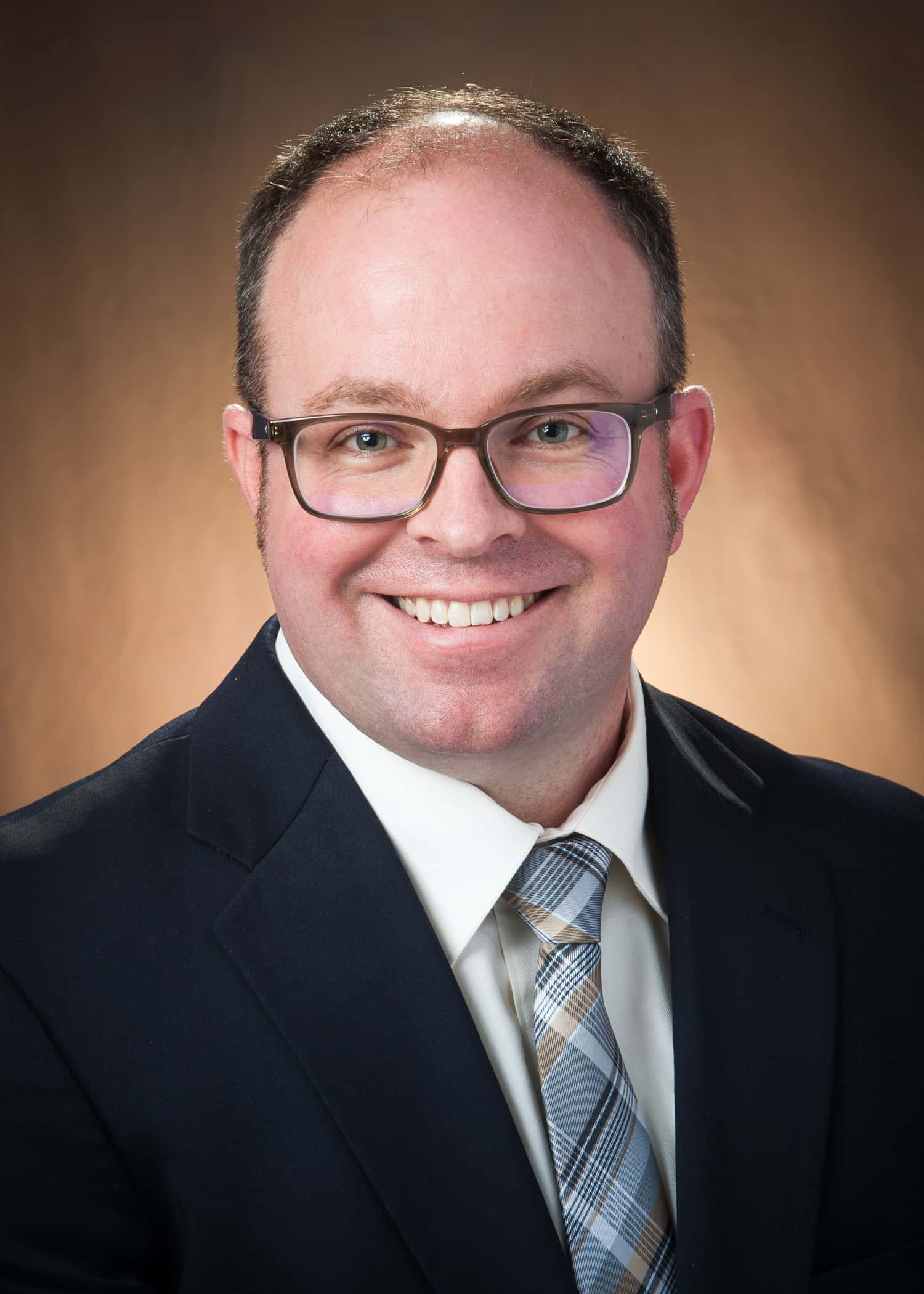
By Jeremy Jackson, Associate Professor
NDSU Agribusiness and Applied Economics Department
Civil discourse is fundamental to a free, open and pluralistic society.
Civil discourse allows us to engage with opposing thoughts and arguments without stripping people of their humanity. Many people talk about the importance of civil discourse, yet we increasingly witness partisan attacks as people fail to listen to each other in earnest.
To quote Jack Nicholson in “Mars Attacks,” “Why can’t we all just get along?”
Higher education as a whole is not immune to this trend. It is easier for people of all viewpoints and stations to claim the moral high ground and avoid engaging the thoughts and arguments of the other side. It turns out that getting along isn’t so easy. To preserve the values of our society, we must practice – not just preach – civil discourse.
In an effort to promote civil discourse at North Dakota State University, the Center for the Study of Public Choice and Private Enterprise is hosting a special speaker series titled “Free Speech and Open Inquiry.” The series will feature a keynote by Nobel laureate Vernon Smith on March 27, as well as presentations by NDSU alumnus Steven Listopad on Feb. 18 and noted sociologist Thomas Cushman on March 3.
Listopad is the founder of New Voices USA. He led the passage of laws in North Dakota in 2015 and 2017 to protect the rights of student journalists. His talk, titled “Hazelwood: 32 years of living with a bad SCOTUS decision, and what we’re doing about it,” will focus on his experience as an advocate of free speech rights for students.
Cushman is a professor of sociology at Wellesley College and the founder of The Freedom Project, which is devoted to the promotion of freedom of expression, pluralism and tolerance in higher education. In the second lecture, titled “Making Unpersons: The Emergence of Cancel Culture in Modern America,” Cushman will explain his research on the tendency for people with opposing views to be shunned, ostracized or punished. He will discuss why this is a troubling development for the future of liberal democratic societies and how we might restore dignity and respect for others.
The series will conclude with Smith’s presentation on “Classical Economics: Lost and Found; Role of Experiments.” Smith was awarded the Nobel Prize in Economic Sciences in 2002 for his groundbreaking work in experimental economics. He will discuss the ideas of Adam Smith on the origin and evolution of human sociability wherein civil discourse is an essential part of humanization.
The Free Speech and Open Inquiry series is sponsored by the Center for the Study of Public Choice and Private Enterprise, the Challey Institute for Global Innovation and Growth, and the Institute for Humane Studies. All three events are free and open to the public.
In addition to bringing these topics for broad discussion, the Center for the Study of Public Choice and Private Enterprise organizes the Mancur Olson Scholars program to facilitate civil discourse among students. Students meet regularly in reading groups to explore important topics and practice sharing their views and hearing opposing perspectives in a discussion facilitated by a faculty member.
The center has partnered with the Challey Institute to expand this program to more students across campus. Students in reading groups qualify for scholarships and must apply to participate. Past topics have included entrepreneurship, economic development, food policy, foreign policy, and works of classic and modern literature. Applications for fall 2020 Mancur Olson Scholars will open in March.
Civil discourse is needed at all levels and arenas in society, from personal to professional to political dialogue. More information about how the Center for the Study of Public Choice and Private Enterprise is encouraging civil discourse at NDSU through events and programs can be found at https://www.ndsu.edu/centers/pcpe.
